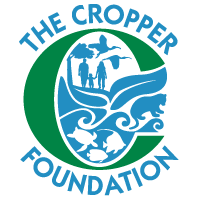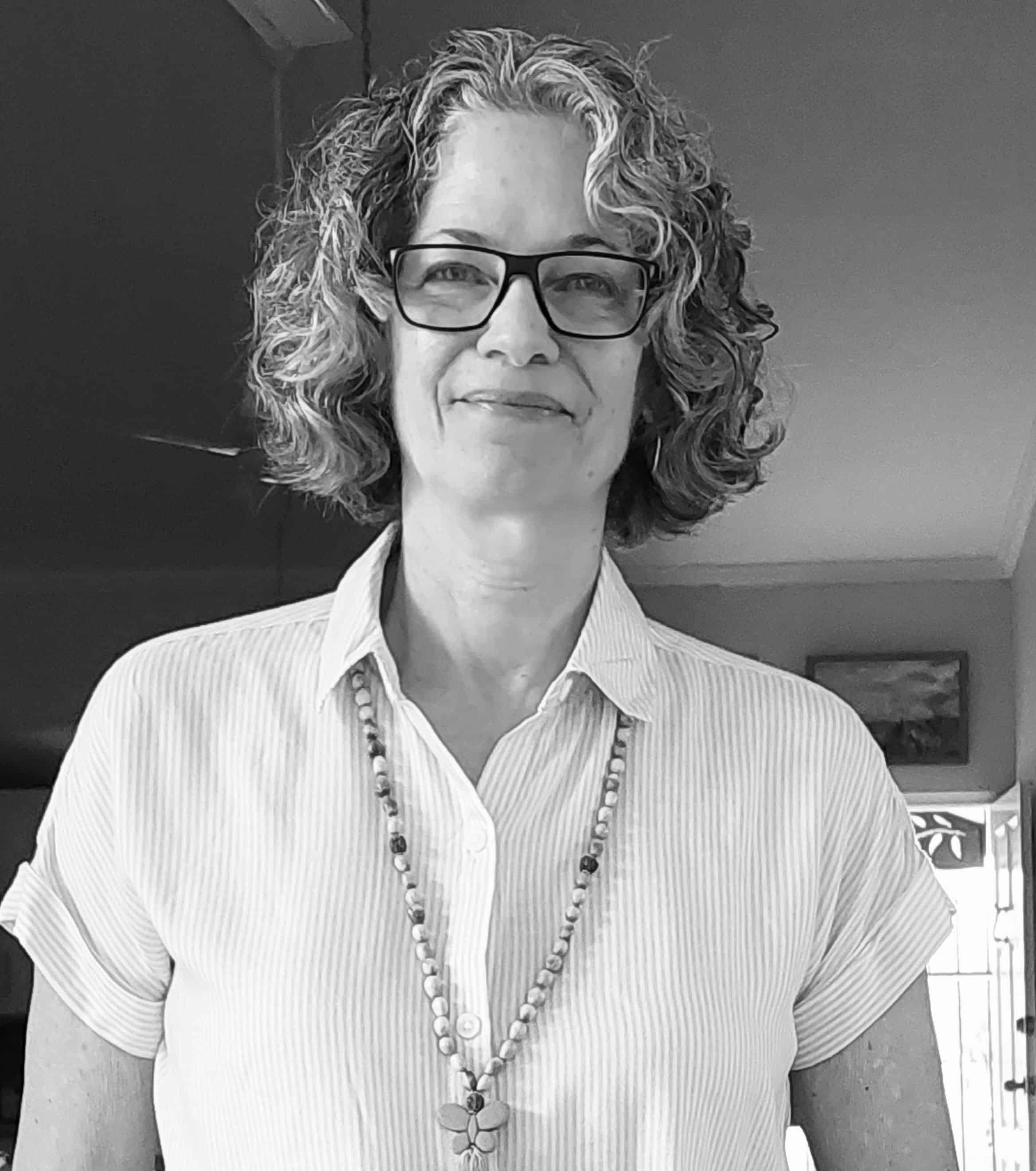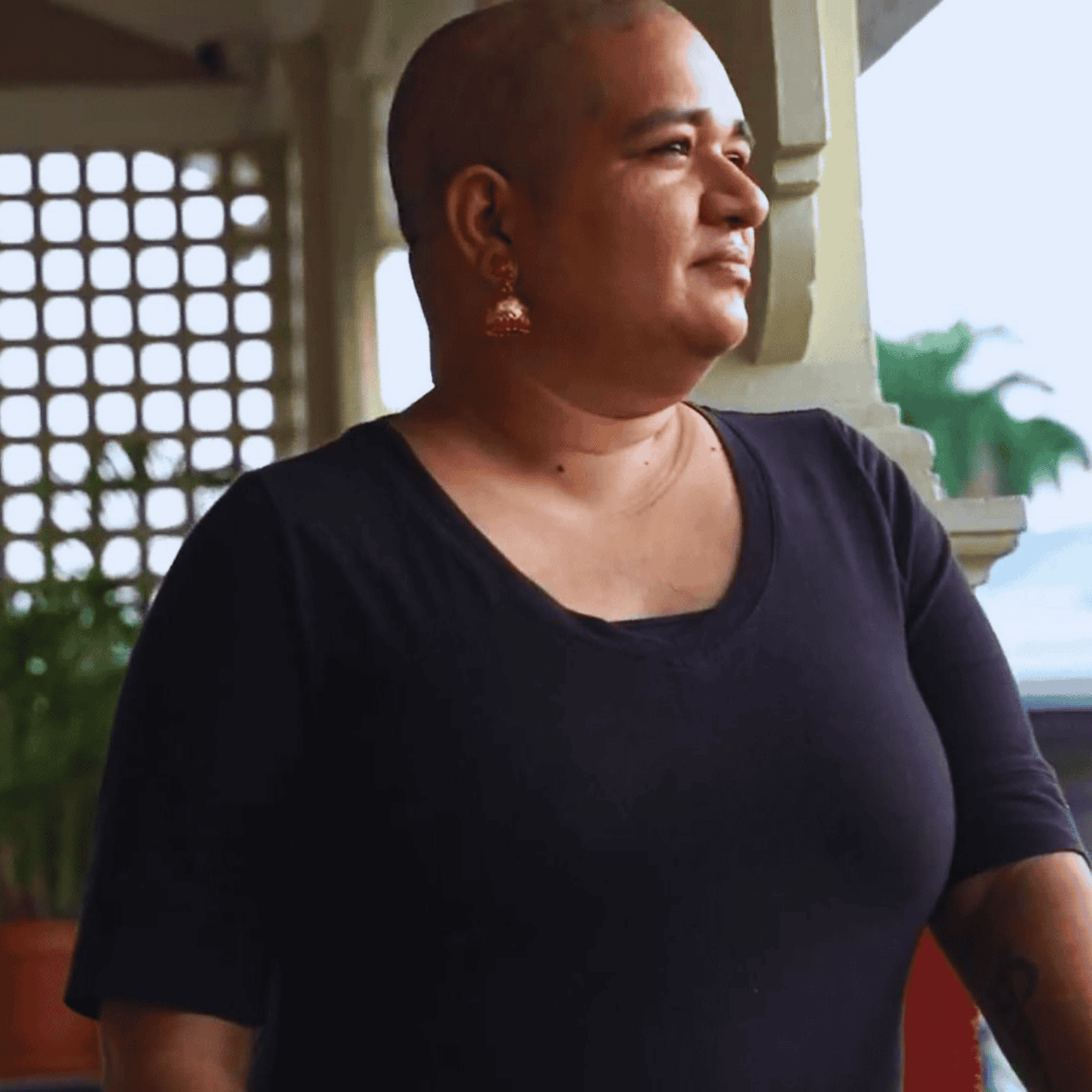Writing For Our Lives
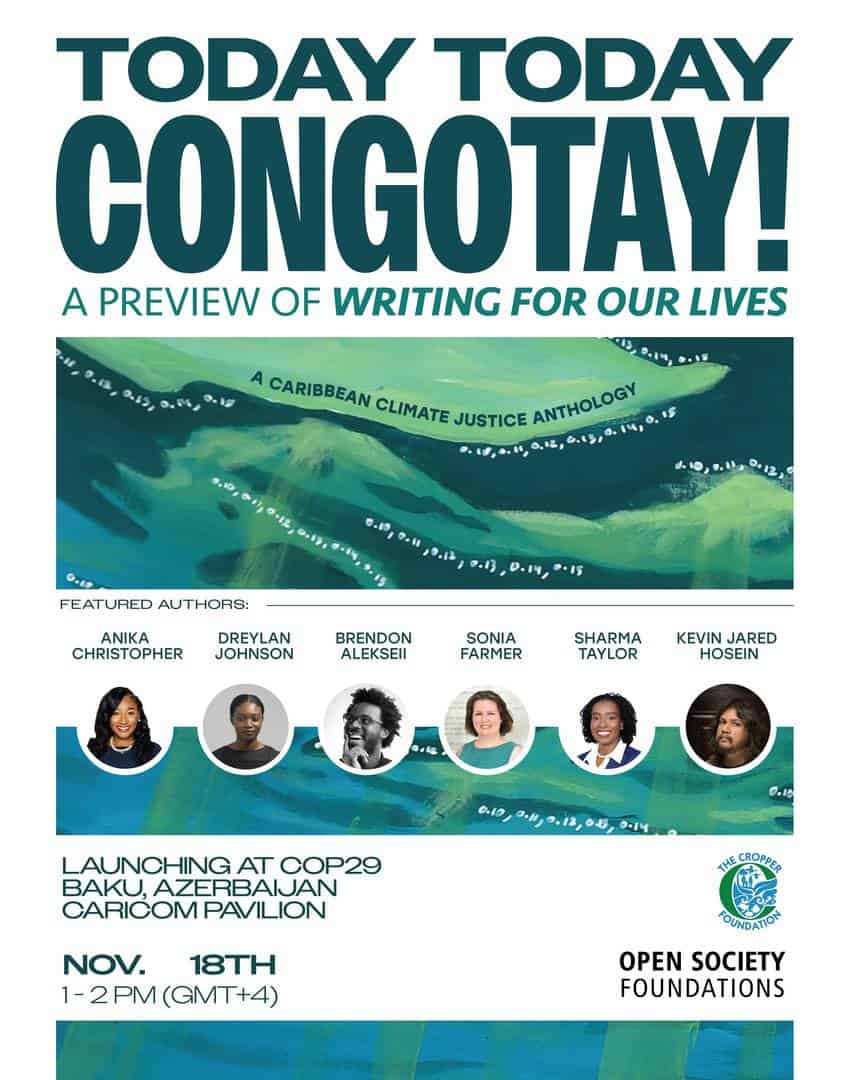
Today Today, Congotay!
A preview of Writing For Our Lives
Co-edited by Diana McCaulay and Shivanee Ramlochan
The Cropper Foundation, with funding support from Open Society Foundations, launched the preview of the Caribbean Climate Justice anthology, Writing For Our Lives on November 18 at the CARICOM Pavillion at the 2024 UN Climate Change Conference held in Baku, Azerbaijan.
Published by Peekash Press, the preview presents the thoughtfully curated sample e-book comprising six pieces from as many Caribbean writers across fiction, poetry and creative non-fiction, along with a stirring introduction by UNFCCC Executive Secretary Simon Stiell.
This electronic sample features pieces from the following writers:
- Anika Christopher, British Virgin Islands
- Brendon Alekseii, Trinidad & Tobago
- Dreylan Johnson, Guyana
- Kevin Jared Hosein, Trinidad & Tobago
- Sharma Taylor, Jamaica
- Sonia Farmer, The Bahamas
The complete (print and electronic) anthology is set for publication in Q1, 2025 and will feature over 25 writers from across the Caribbean, all living in and writing from the region.
Here's a taste of each of the six pieces (across fiction, creative non-fiction and poetry) presented in the Writing For Our Lives preview!
Video
A visual interpretation of an excerpt from Sonia Farmer's poem, I HEAR IT SING IN THE WIND. Read by the author.
A visual interpretation of an excerpt from Anika Christopher's poem, TANTE TELLS A STORY. Read by the author.
Audio
An excerpt from a reading of Brendon Alekseii's essay, US POLLUTED IN TURN. Read by Wendell Manwarren.
An excerpt from a reading of Dreylan Johnson's essay, THE GHOSTS ARE TRAPPED INDOORS WITH US. Read by Ruth Osman.
An excerpt from a reading of Kevin Jared Hosein's story, THE SCRIPT. Read by the author.
An excerpt from a reading of Sharma Taylor's story, ORE. Read by Marlon James.
Enjoy this recap of the pioneering climate justice micro-theatre festival in 2023, the first strand of Today Today, Congotay! It involved researching, interpreting and dramatising real-life stories of climate impacts from surrounding communities.
Writing for Our Lives was conceived as an anthology of stories illuminating the urgency of the climate crisis for people and communities of Caribbean states marked by their varied yet substantial vulnerabilities. These stories will consider the implications for the health, livelihoods, culture, heritage, and well-being of the many who go unseen, unheard and, ultimately, unaccounted for in the decision-making of those with power, purveyors of our collective resources.
The anthology will be published through the Trinidad and Tobago-based imprint Peekash Press, producing an initial e-book for international release at the annual landmark climate conference, COP29 in November 2024. A regional launch of print and audio publications will follow in the first quarter of 2025.
Today Today, Congotay!
“Who cyah hear go feel” is a loose translation of the colloquial Caribbean exhortation “One day, One day, Congotay!”
To register the real, present, existential threat of the climate fallout, The Cropper Foundation has adapted it to title the series of climate justice, multi-media arts-based interventions being rolled out over the period 2023-2026, with funding from Open Society Foundations.
Writing For Our Lives is the second strand in the Today Today, Congotay! project. It follows the pilot of a climate justice community micro-theatre undertaking in 2023, executed in collaboration with the Brazil and Williamsville Secondary Schools.
The project builds on the legacy of founders John and Angela Cropper’s vision for a seminal environment for the strengthening and exploration of Caribbean identity through literature. Beginning in 2000, the same year the Foundation was registered, the Cropper Writing Residency was one of the first ventures of the newly formed non-profit.
Through its fifteen (ten adult and five teenaged) residential three-week workshops to date, led by award-winning writers Funso Aiyejina and Merle Hodge, the programme has helped mold over 180 Caribbean writers from almost every country in the anglophone Caribbean.
Many of these writers have gone on to publish with some earning major regional and global literary distinctions and accolades – among them, Jamaican Kei Miller and TT authors Ayanna Lloyd-Banwo, Danielle Boodoo-Fortune and Barbara Jenkins.
Climate justice intertwines human rights and development, prioritising a people-centered approach. It aims to protect the most vulnerable and ensure fairness in sharing both the burdens and benefits of climate change. Grounded in science, it recognises the necessity of equitable management of global resources. Climate justice underscores the unequal distribution and impacts of climate change, stemming from historical and systemic factors. It advocates for inclusive and nuanced strategies in global climate action, addressing underlying inequities. By acknowledging disparities and promoting fairness, climate justice strives for a world where all individuals can thrive amidst environmental challenges.
Climate Justice knowledge sessions recordings

The ‘Today, Today Congotay!’ programme is supported through funding from Open Society Foundations.
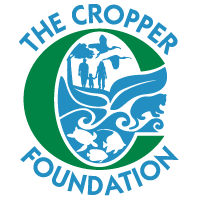
Quick Links
Contact Us
The Cropper Foundation
13 Anderson Street, St. James, Trinidad and Tobago
+(868) 221-5751
info@thecropperfoundation.org
